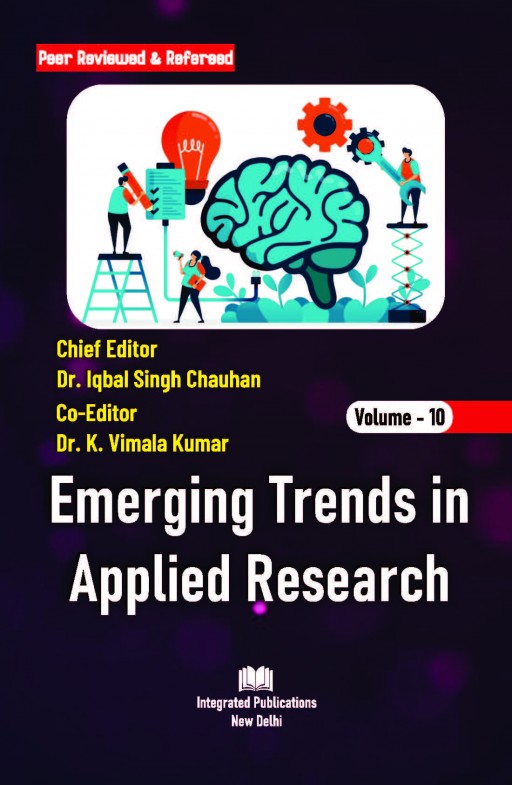Matrix-Assisted Laser Desorption/Ionization Time-of-Flight Mass Spectrometry (MALDI-TOF MS) has revolutionized clinical microbiology by significantly reducing turnaround times for pathogen identification. Traditional culture-based techniques often require over 24 hours, whereas MALDI-TOF MS enables identification within 4–6 hours post-culture, with accuracy rates up to 90%. The method involves ionizing microbial proteins and analyzing mass-to-charge ratios to generate species-specific spectral fingerprints. Instruments like Bruker Biotyper and VITEK MS utilize proprietary databases to identify a wide range of bacteria and yeasts. Despite its advantages in speed, accuracy, and cost-effectiveness, MALDI-TOF MS faces challenges in analyzing mixed cultures, rare organisms, or certain fungal and mycobacterial species. It requires prior culturing and may yield low identification scores under suboptimal conditions. Nonetheless, its integration into microbiological diagnostics supports rapid clinical decision-making. As the technology evolves, database enhancements and improved sample processing techniques are expected to overcome current limitations.
Copyright information
© Integrated Publications.

